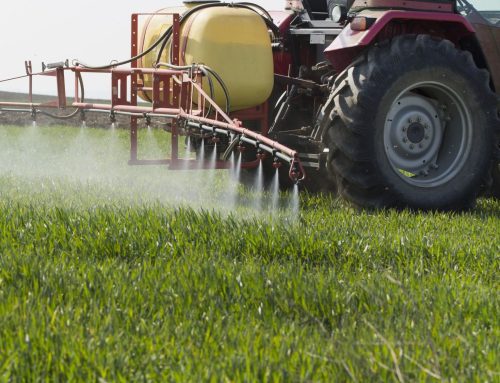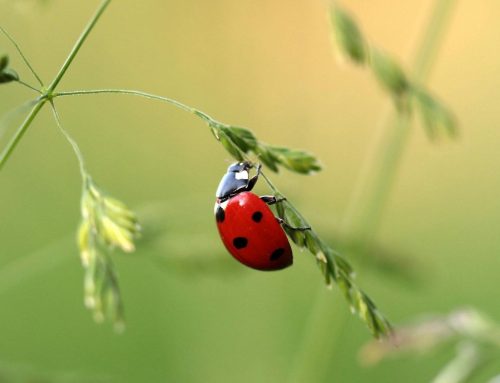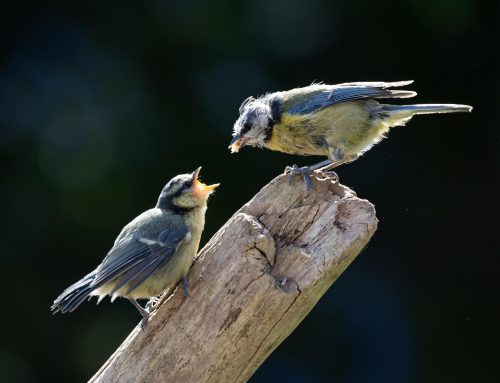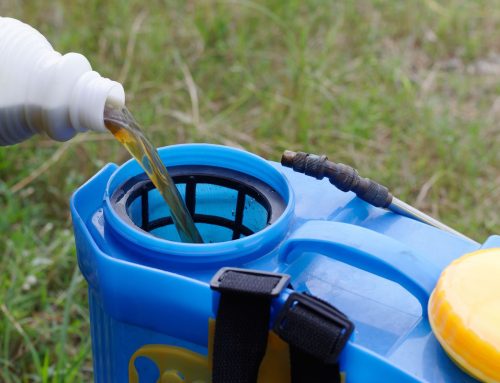The 6th edition of the Chocolate Scorecard has ranked Tony’s Chocolonely and Ritter Sport as among the most sustainable chocolate companies in the world.
Run by Be Slavery Free, the scorecard ranks companies based on traceability and transparency across supply chains, whether they pay farmers a living income, efforts to prevent the use of child labour, action on climate and deforestation, their support of agroforestry and eliminating the use of harmful pesticides.
Multinational chocolate manufacturer Mondelēz, producers of Cadbury, Toblerone, Green&Black and Oreo received the ‘Bad Egg’ award due to its lack of transparency after failing to share any details.
A team from PAN UK, collaborating with Conservation Alliance International, scored the companies responses on their approach to pesticides.
Progress on pesticide reduction
We saw some progress, with a handful of companies scoring green on pesticides this year. These included smaller companies such as Original Beans who only use organic cocoa and also four large companies who are sourcing 100% Fairtrade, Rainforest Alliance or organic certified cocoa. They are also running programmes to trial, teach and scale alternative methods for managing cocoa pests, and are monitoring the use of pesticides or starting to measure the effects of pesticide exposure on cocoa farmers health. This includes encouraging the use of biopesticides in place of Highly Hazardous Pesticides and promoting agroecological systems. Dynamic-agroforestry, for example, improves the health and resilience of both cocoa trees and the land and ends the reliance of cocoa production on pesticides.
Going beyond certification schemes
Certification schemes, such as Rainforest Alliance and Fairtrade, play a significant role in the pesticide approach of many companies. Their pesticide policies, lists of prohibited pesticides and pesticide phase-out requirements are important steps towards reducing the use of highly hazardous pesticides in cocoa supply chains. In addition, these schemes require farmers be trained in Integrated Pest Management (IPM) and good agricultural practices. These ultimately lead to a reduction in pesticide use through the prioritisation of ecological methods of pest management. Despite public commitments to sustainability, few companies source all their cocoa from certified sources. However, the Chocolate Scorecard places emphasis on companies that go beyond the requirements of certification schemes, giving top marks to those that put extra measures in place.
Despite some improvement, pesticides remained the lowest scoring category overall. Many companies and retailers showed little engagement with the pesticides used in their supply chains, leaving the harmful impacts of pesticide use on farmers’ health and the environment ignored.
Further findings
Overall, this year’s findings have shown improvements in transparency across the industry, with 82% of companies sharing data on child labour, compared to 45% in 2023. The industry reports the number of children experiencing hazardous labour conditions is slightly down, but experts warn they are still only finding less than half of actual cases.
On deforestation, more than a third of cocoa bought by companies this year comes from deforested or unknown sources. Companies report that 84% of farmers in their supply chain are not earning a living income, or their income is unknown. A living income is the minimum amount needed to have the capacity to cover basic necessities.
Meanwhile, in 2024, the price of cocoa quadrupled, pushing the chocolate sector to breaking point. In the UK for example a 1kg bag of Cadbury Easter eggs (made by Mondelēz) has increased by £3 every year since 2023.
Fuzz Kitto, Co-Director at Be Slavery Free, said: “Consumers are being asked to swallow record chocolate prices, and shrinking products. The least they expect is chocolate free from slavery. The Chocolate Scorecard will help shoppers make smart purchases this Easter. Chocolate companies love to talk about policies and commitments, but 25 years since they promised to eliminate child labour from the supply chain, it’s time to stop ‘cocoa washing’ and innovate more effective action.”
This year’s scorecard shows little evidence that farmers are being lifted out of poverty. Children still work in the supply chain and are exposed to harmful chemicals. Whilst the profits sit with CEO salaries and shareholder dividends, the risk for addressing these issues sits with the farmers.
Find out how companies ranked in more detail here: The Chocolate Scorecard
The Chocolate Scorecard rankings are coordinated by Be Slavery Free and are assessed by university academics, consultants, and civil society groups. 61 companies from around the world, including all the largest cocoa traders and chocolate manufacturers in the industry, were invited to participate and share their data—collectively, these companies purchase up to 95% of the world’s cocoa.





